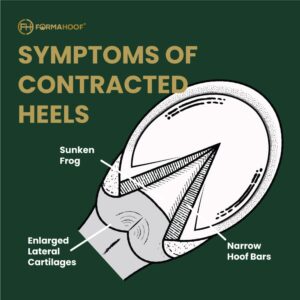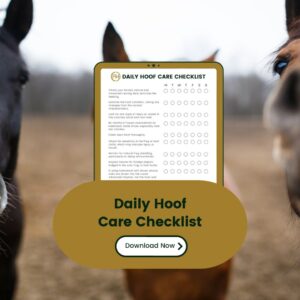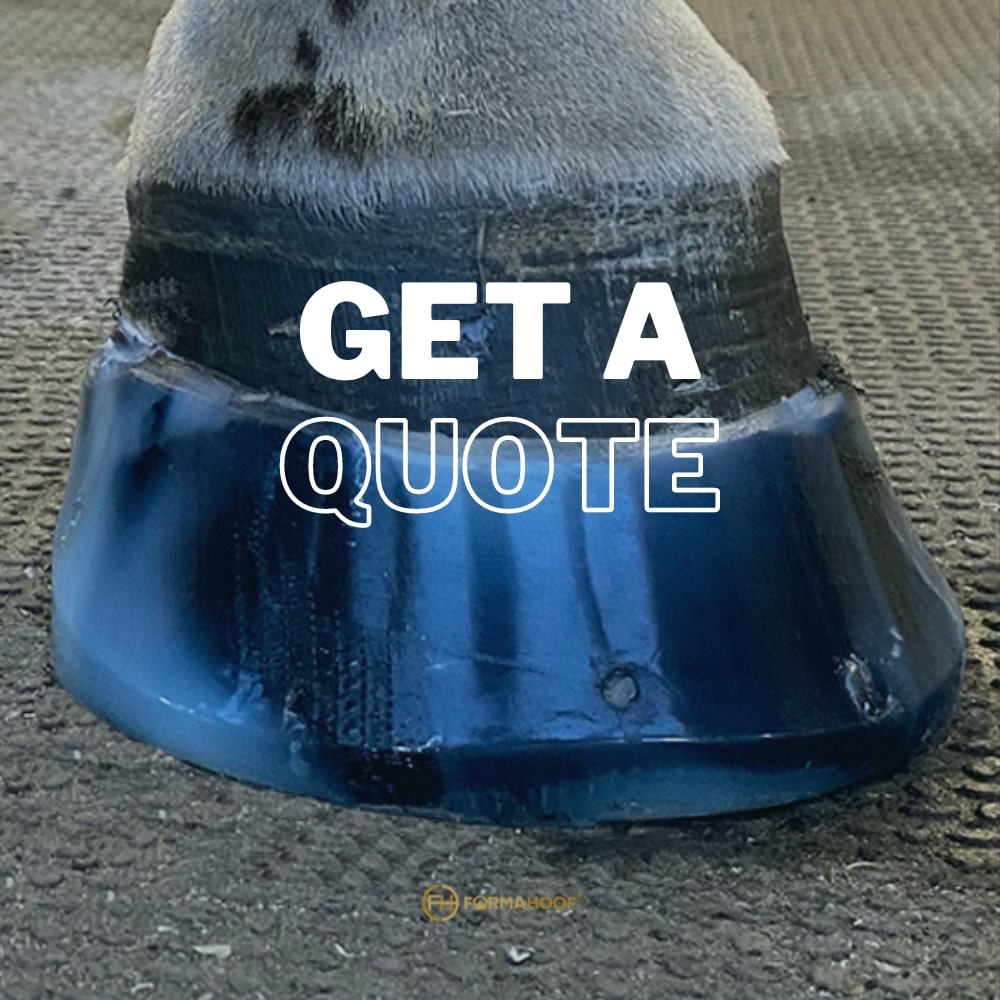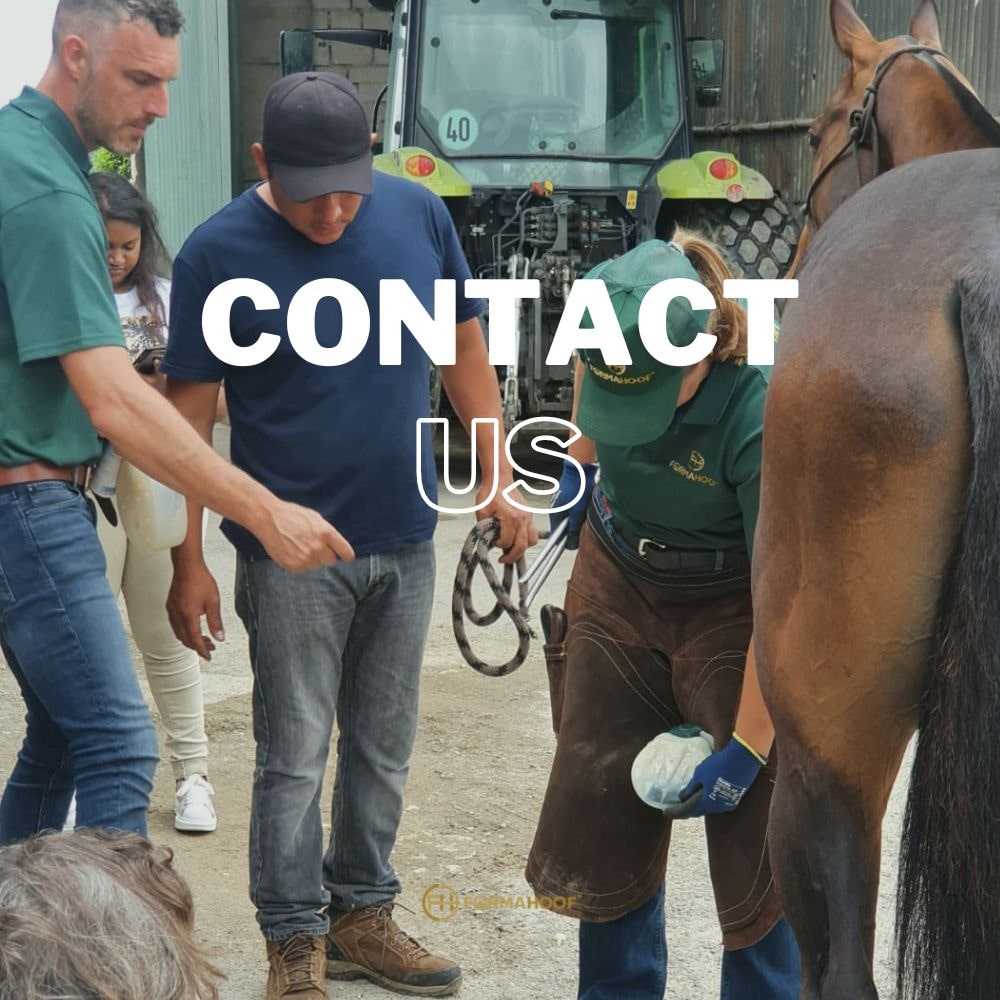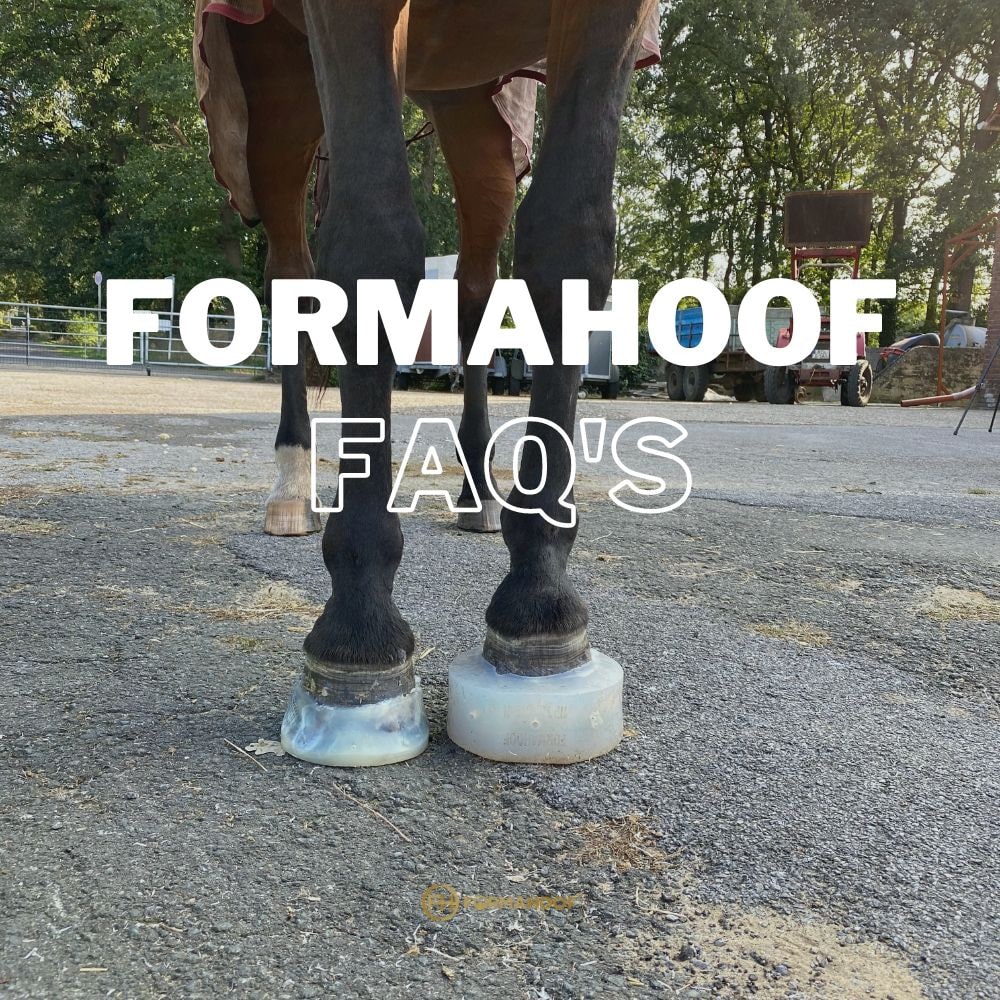If you’re looking to become an equine vet, then you’ve come to the right place. We’ll cover everything you need to know about becoming one of these amazing professionals.
An Equine Veterinarian, or for short – horse vet, is a Doctor of Veterinary Medicine who provides medical care to horses. Responsibilities can range from performing wellness exams, treating injuries, surgeries, or pre-purchase exams, to specializing in specific areas within the field of equine veterinary medicine.
Becoming an Equine Veterinarian will involve extensive training and must be driven by an overall passion for animals. Those that become vets have mostly grown up around animals and specialize in the field that their passion lies in, whether this is equine, small animal, bovine, or other sectors. Once your foundation is laid, you can get on your path to becoming a vet.
Your journey as a vet may begin differently, depending on the country that you are living in and the local requirements.
Step-by-Step Path to Becoming an Equine Veterinarian
The first step is usually to study veterinary medicine at university. Veterinary medicine courses usually take five or six years to complete. It’s useful to start researching and thinking about your career ambitions as early as possible to help you on your way to becoming a vet.
Sign Up For Veterinary School / University
Most universities and colleges require previous experience in the field of animal care or veterinary business before you can start your actual course. You can find a list of options to earn these credits below. Again, the qualification will vary from country to country, so please take this list as guidance and check your local regulations.
Once you’ve earned the credits and grades necessary, you can apply to veterinary school. Some vet schools can require applicants to take a standardized test called the Veterinary College Admission Test. Most veterinary schools require a minimum of two years of undergraduate work in chemistry and biology for eligibility.
To specialize in equine veterinary studies, you can look for universities that offer programs in this area. This can help you to develop the skills and knowledge to care for horses as an equine vet.
Gain Equine Veterinary Experience
While you’re in veterinary school, you can apply to veterinary internships and externships that can give you work experience. An externship can give you the opportunity to learn how vet clinics work.
You can work in an internship after you finish vet school. Applying to an equine-specific internship can help you learn more about this specialty.
Another option for gaining veterinary experience is to apply for a residency. A residency can be a long-term, paid opportunity that can give you a deeper knowledge into a veterinary specialty like equine veterinary care.
What Happens When I Graduate From Vet School?
Earn Licenses And Certifications
After you graduate from veterinary school and earn a degree, you can research veterinary licensing at your local authorities. You can progress to earn other veterinary licenses and certifications that can help you further your knowledge in the field.
Many certifications require you to complete a veterinary residency before you’re eligible for certification exams. Here are a few examples of additional qualifications for equine veterinarians:
- Sports medicine: One specialty for equine veterinarians is sports medicine. Earning a certification in this area can give you the ability to care for horses that compete in sports such as show jumping, dressage, barrel racing and others.
- Surgery: You can earn a certification in large animal surgery that can give you the skills required to perform surgical procedures on horses.
- Internal medicine: Earning a certification in equine internal medicine can help you demonstrate your knowledge of equine health.
Career Steps You Can Take Before Becoming A Vet
There are a variety of steps you can take before beginning your journey to becoming an equine veterinarian. Here are just a few of those options:
1. Earn Licenses And Certifications
To become a veterinarian, you can earn an associate degree to become a veterinary technician. This can allow you to gain experience working in a veterinary environment and work while you earn higher degrees of education. The duties of a veterinary technician include:
- Examine animals with injuries and form care plans.
- Perform basic veterinary care and first aid for sick or injured animals.
- Administer treatments for veterinary care, including vaccines.
- Record health information to keep health records for animals.
- Grooming animals to promote health.
2. Earn Licenses And Certifications
Optionally, you can earn a bachelor’s degree to expand your knowledge in subjects such as biology and chemistry that you can use in veterinary school. Below are some degrees you can pursue that can help you prepare for vet school:
- Biology: Earning a Bachelor of Science in Biology can give you the necessary knowledge of biological systems for veterinary school.
- Chemistry: Learning about chemistry can help you pursue a veterinary career and meet the prerequisites for vet school.
- Zoology: If you’re interested in learning about animal life, you can pursue a Bachelor of Science in Zoology.
- Animal biology: You can study biological systems in animals while you earn this degree.
- Veterinary science: Some undergraduate institutions offer a
- Bachelor of Science in Veterinary Science, which can give you the knowledge you need to work with animals.
Can An Equine Veterinarian apply FormaHoof?
Yes, as a vet you can apply FormaHoof and also become a FormaHoof Certified Applicator (except in the UK).
To learn more about the qualification and ways to become an FCA visit the FormaHoof Academy.
Can I Become A FormaHoof Certified Applicator During My Time In Vet School?
You can’t become an FCA before you are qualified, BUT you can become a ‘FormaHoof Trainee Applicator’ (FTA).
FTA is a status that we can award to students during their educational journey. Once FormaHoof techniques are learned and verified, the trainee will receive their FormaHoof Trainee Applicator certificate. This title is carried through the student’s educational process and full certification received upon completion of their degree as a vet, with students eligible for FREE access to the FCA course.



